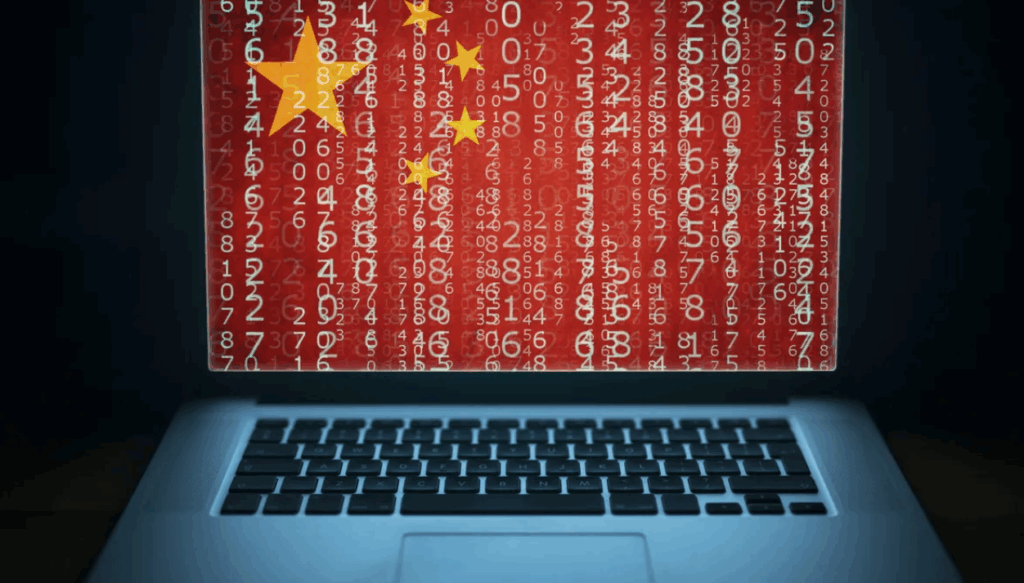- China has the lowest VPN penetration in the world, according to new data
- However, Chinese users continue to access VPNs from other sources.
- This contrasts with the results from the United Arab Emirates, where VPNs are more available.
A new Cybernews study on VPN adoption has revealed that China has the lowest VPN penetration rates in the world based on Apple App Store and Google Play downloads.
Using a data set of downloads of the 50 most popular VPN apps from the two digital storefronts, spanning 106 countries from 2020 to June 2025, the company’s research team reported that the strictest online censorship regime is also, surprisingly, the one with the lowest current VPN download activity globally.
In contrast, other authoritarian regimes saw a significant increase in VPN usage: the United Arab Emirates reported a staggering 83.52% per capita adoption in 2024, jumping to the top of the rankings, and five Arab countries made it into the top 10 globally.
The reason for this apparent disparity? China focuses on controlling VPN availability, while the UAE focuses on regulating user behavior – two very different approaches to achieving censorship.
“In fact, Google Play is currently not available in mainland China and Apple’s Chinese App Store is severely restricted, factors that reduce the number of downloads measured by the report,” says Edvardas Gardenis, head of public relations at Cybernews.
smoke and mirrors
The public relations specialist agrees that the optics might not match the reality of the Great Firewall nation for a few other reasons.
“For example, small VPN companies may not be represented in the data set, which only considers global providers,” he explains.
The research also determined users’ locations based on their app store region rather than their physical location, further obscuring a clear picture as it excludes Chinese users with foreign store accounts.
However, chances are that Chinese citizens are simply using other means to download the best VPN apps.
“Some major providers confirmed that they create specific website domains only for Chinese users,” Gardenis notes. “They tend to be a bit silly, like ‘N0d-vp-xzzzy.xzz’, so they wouldn’t trigger China’s firewall.”
Other common routes include sideloading APKs from unverified and unofficial websites, using domestic Android app stores such as Huawei, Tencent, Xiamosi, and downloading desktop clients directly from vendors’ websites.
The increased sophistication of VPN download methods comes in response to Beijing’s intensified surveillance strategy, which plans to use AI to identify millions of high-risk people using banned tools, including VPNs or Telegram; the latter celebrates ten years of being banned in the country this year.
The move contrasts with the UAE’s approach to censorship, where VPNs are largely legal and it is the activities you would use them for that are monitored.
However, the expansion of VPN use in Arab countries remains a surprise. “We expected Arab countries to rank highly, but usage levels exceeded our expectations,” says Gardenis.
To put this in context, among the high-ranking Western countries is the United States, which snatched the crown for the number of total downloads, with 63.41 million in 2024 alone, but has a relatively low per capita adoption rate. In Europe, adoption in Germany increased from 6.94% to 21.36%, one of the fastest increases among developed markets.
Perhaps not so surprising, Russia and Ukraine saw significant increases in reported VPN downloads in 2022, with adoption rates respectively increasing to 43.20% and 18.9% in the same year, showing a strong correlation with the start of the war.
So what to do with this data in general? Ultimately, one might be tempted to conclude that Chinese statistics tell us nothing with certainty. However, if one thing seems clear, it is how effectively China has applied its so-called “great firewall in a box” to prevent easy access to VPN services.
And with security-conscious Chinese citizens now forced to head into the wilderness to achieve their digital security goals, some might say the importance of VPNs in oppressive regimes has never been stronger.
Follow TechRadar on Google News and add us as a preferred source to receive news, reviews and opinions from our experts in your feeds. Be sure to click the Follow button!




